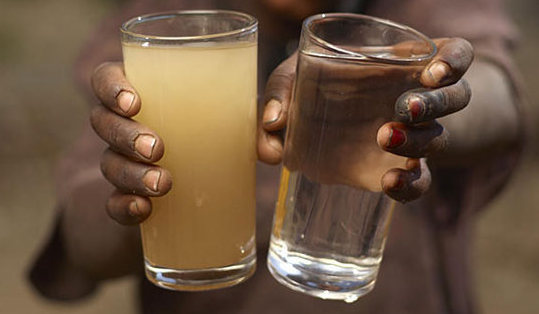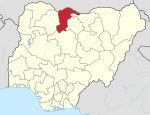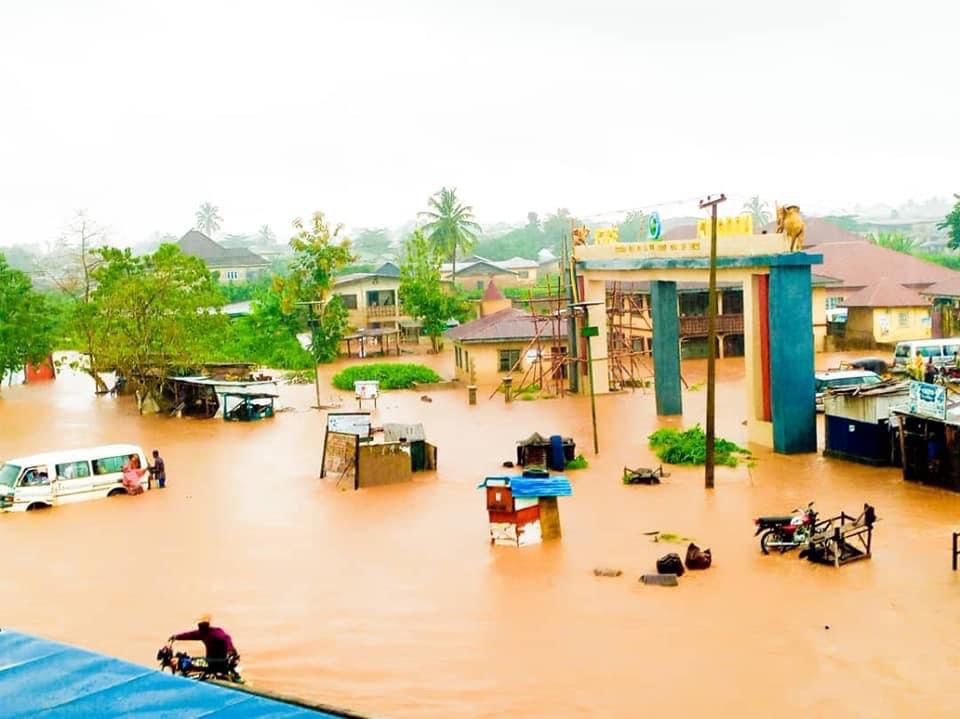Water Borne Diseases Ravage Communities


Health experts said unsafe water has a lot of health implications. Dr Seun Adeleke, a public health expert, said poor water supply is a major route for transmission of typhoid fever, cholera and other water borne diseases.
Dr. Uche Ewelike, a public health expert said about 60 million Nigerians who lack access to safe drinking water are exposed to such water borne diseases as diarrhoea, cholera, dysentery and hepatitis A and hepatitis B. Some of these diseases result in high mortality rate amongst the population.
He said the fact that water comes out of a tap or water treatment plants does not mean that it is devoid of contamination or that it is drinkable, as there are chances of contamination in the water purification cycle from the dam till the time it gets to the table.
Ewelike, who is also the Secretary, Association of Public Health Physicians of Nigeria, FCT chapter said though water is colourless it is not free of micro-organisms and pathogens that cause diseases.
“Nigeria contributes majorly to under five mortality in the world, and unsafe water contributes very significantly to it. One of the major diseases associated with unsafe water, diarrhoea accounts for about 16 percent of the causes of death amongst children”.
He said boiling water before drinking, ensures more safety. He explained that public health physicians also advocate that in areas where government does not provide potable water, Nigerians should utilize processes like chlorination, boiling, and filtration of water.
Also Deji Adebajo, a physician with Babcock University Teaching Hospital, Ogun state in an interview with Daily Trust said water related diseases encompasses illnesses resulting from both direct and indirect contact with contaminated water, whether by consumption or by skin exposure during bathing or recreational use.
“These diseases affect people adversely and cause serious health implications, loss of life and substandard health. Treating water through boiling, disinfecting, sedimentation, addition of chemicals (chlorine), is an effective way of preventing water borne disease,” he added.
Credit: Daily Trust










